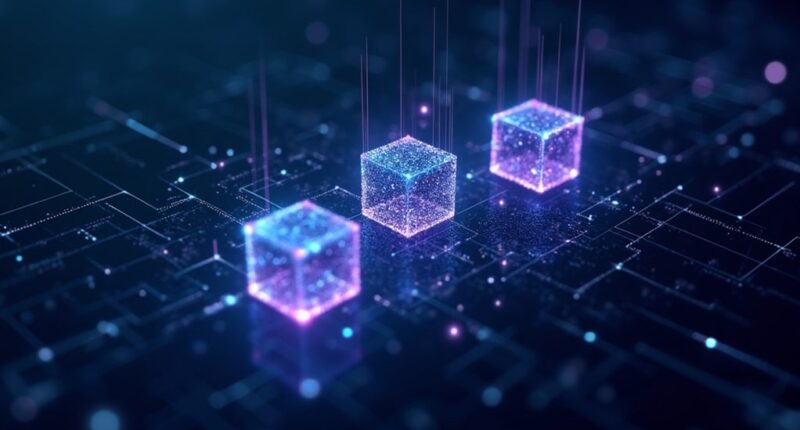As the Web3 ecosystem continues to evolve, artificial intelligence agents are emerging as powerful allies in traversing the complex domain of blockchain technology. These autonomous software programs are revolutionizing how users interact with decentralized applications, performing everything from trading cryptocurrencies to analyzing market trends with unprecedented efficiency.
Think of AI agents as the Swiss Army knives of the blockchain world – they’re versatile tools that work tirelessly around the clock, handling complex operations that would typically require teams of human experts. Platforms like Fetch.ai and SingularityNET are leading the charge, creating decentralized networks where these digital assistants can flex their computational muscles. Much like how Consensus AI searches through 200M academic papers, these blockchain AI agents scan vast networks of data to provide actionable insights.
AI agents are blockchain’s digital multitaskers, working nonstop to streamline complex tasks across decentralized networks.
In the DeFi space, AI agents are proving particularly valuable, operating as sophisticated market makers and yield farming optimizers. They’re like having a team of financial analysts working 24/7, constantly scanning for the best opportunities across multiple protocols while evaluating risks and predicting market movements. The market for these intelligent agents is experiencing explosive growth, projected to reach $47.1 billion by 2030. The integration of smart contracts enables these agents to automate complex financial operations without intermediaries.
Even in the NFT and gaming domains, these agents are making waves by creating dynamic digital assets and enhancing player experiences through AI-powered characters.
However, it’s not all smooth sailing in the AI-Web3 integration story. Challenges persist around transparency, bias prevention, and the eternal struggle between decentralization and computational efficiency. Privacy concerns loom large, particularly regarding data collection and processing – after all, even digital assistants need to learn from somewhere.
Looking ahead, the future appears promising with developments in federated learning and cross-chain operations on the horizon. The emergence of AI-governed DAOs (Decentralized Autonomous Organizations) suggests a future where artificial intelligence could play an even more central role in blockchain governance.
As zero-knowledge proofs advance and standardized frameworks for AI ethics in Web3 take shape, these digital agents are positioned to become increasingly sophisticated and trustworthy partners in the blockchain ecosystem.
While AI agents might not be the silver bullet for all of Web3’s challenges, they’re certainly proving to be valuable allies in making blockchain technology more accessible, efficient, and user-friendly.









